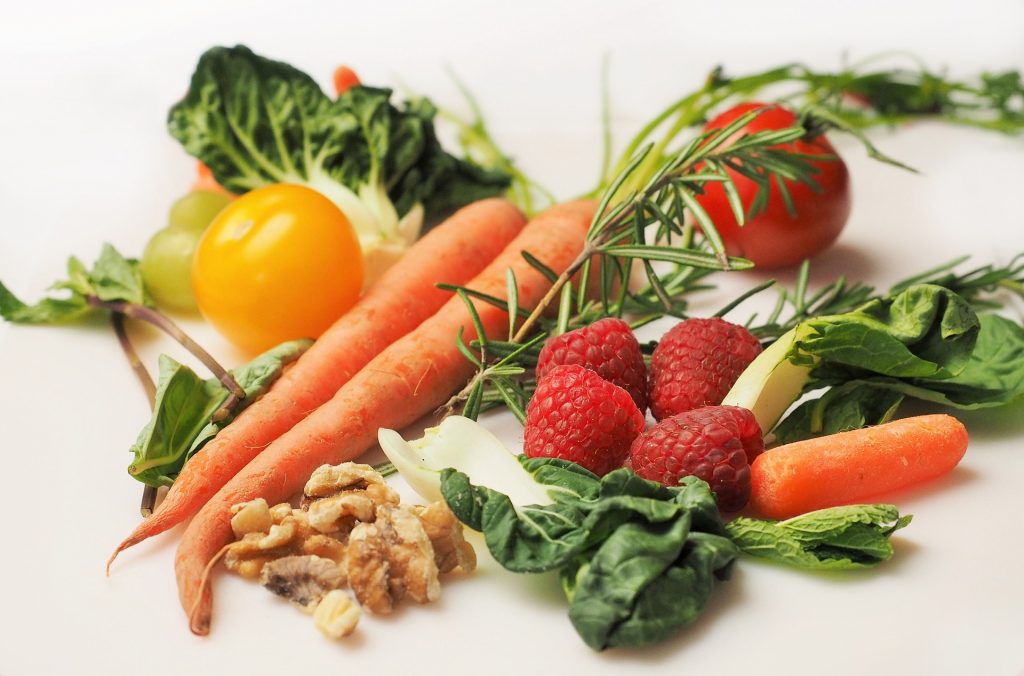 Oxidative stress is associated with detrimental mood changes. The aetiology of depression and anxiety are complex, but it is thought that the release of inflammatory cytokines may be an initiating step. The release of these cytokines can be caused by a number of factors including infection, poor diet or stress. Once the cytokines are released they cause a number of physiological changes including the activation of the hypothalamic-pituitary adrenal axis, changes to neurotransmitter levels, changes to blood levels of tryptophan, and the generation of free radicals. The generation of free radical may explain the damage to brain tissue in those individuals who have severe depression and anxiety. Protecting the brain through the provision of antioxidants is therefore pivotal to mental health. This explains the benefit of certain herbs in the treatment of mood disorders, as plants contain phytochemicals, many of which act as antioxidants, and they may therefore protect the delicate brain tissue from oxidative stress.
Oxidative stress is associated with detrimental mood changes. The aetiology of depression and anxiety are complex, but it is thought that the release of inflammatory cytokines may be an initiating step. The release of these cytokines can be caused by a number of factors including infection, poor diet or stress. Once the cytokines are released they cause a number of physiological changes including the activation of the hypothalamic-pituitary adrenal axis, changes to neurotransmitter levels, changes to blood levels of tryptophan, and the generation of free radicals. The generation of free radical may explain the damage to brain tissue in those individuals who have severe depression and anxiety. Protecting the brain through the provision of antioxidants is therefore pivotal to mental health. This explains the benefit of certain herbs in the treatment of mood disorders, as plants contain phytochemicals, many of which act as antioxidants, and they may therefore protect the delicate brain tissue from oxidative stress.

The antioxidant nutrients vitamin C, vitamin E and β-carotene may produce mood elevating effects in those with low mood. Plant feeds can provide high amounts of these antioxidant nutrients. Nuts are a good source of vitamin E. Fruit and vegetables are good sources of vitamin C. Carrots and green leafy vegetables are a good source of β-carotene.
Evidence suggests that subjects with depression and the generalised anxiety disorder (GAD) have significantly lower levels of antioxidants in their blood that mentally healthy controls. For example, in one study, subjects with generalised anxiety disorder (GAD) and depression has significantly lower levels of the antioxidant nutrients vitamin C and vitamin E and β-carotene. When subjects were administered supplements of these three nutrients for 6 weeks, their blood levels increased significantly. This significantly improved their antioxidant status. Those subjects receiving the antioxidant nutrients in combination with their normal anti-anxiety or antidepressant medication had significant improvements in their mood scores compared to subjects receiving just their normal medication. Therefore patients with low mood have low levels of certain antioxidants in their blood, and supplementation significantly increases the levels of these antioxidants and improves the mood scores of the subjects.
Eat Well, Stay Healthy, Protect Yourself
RdB
